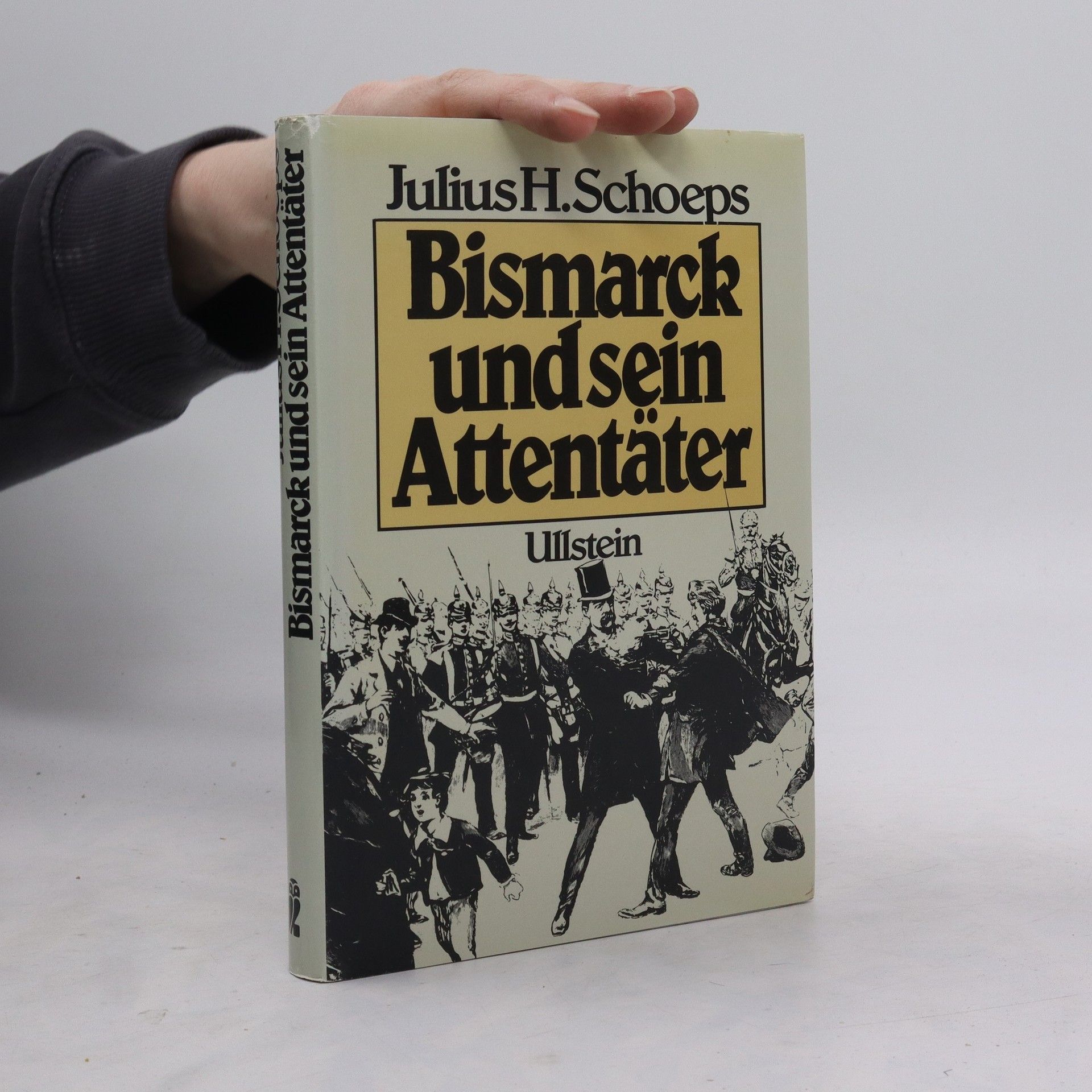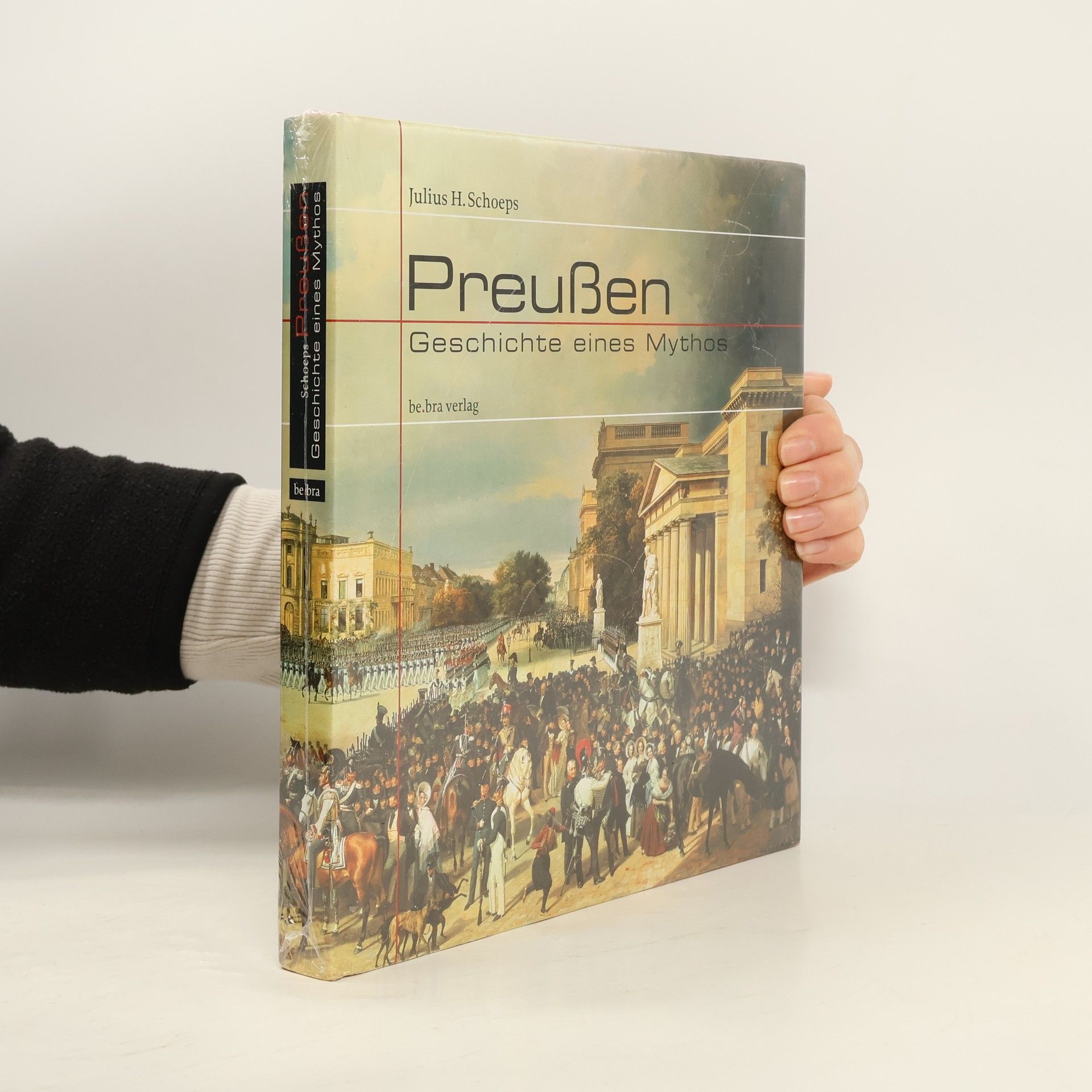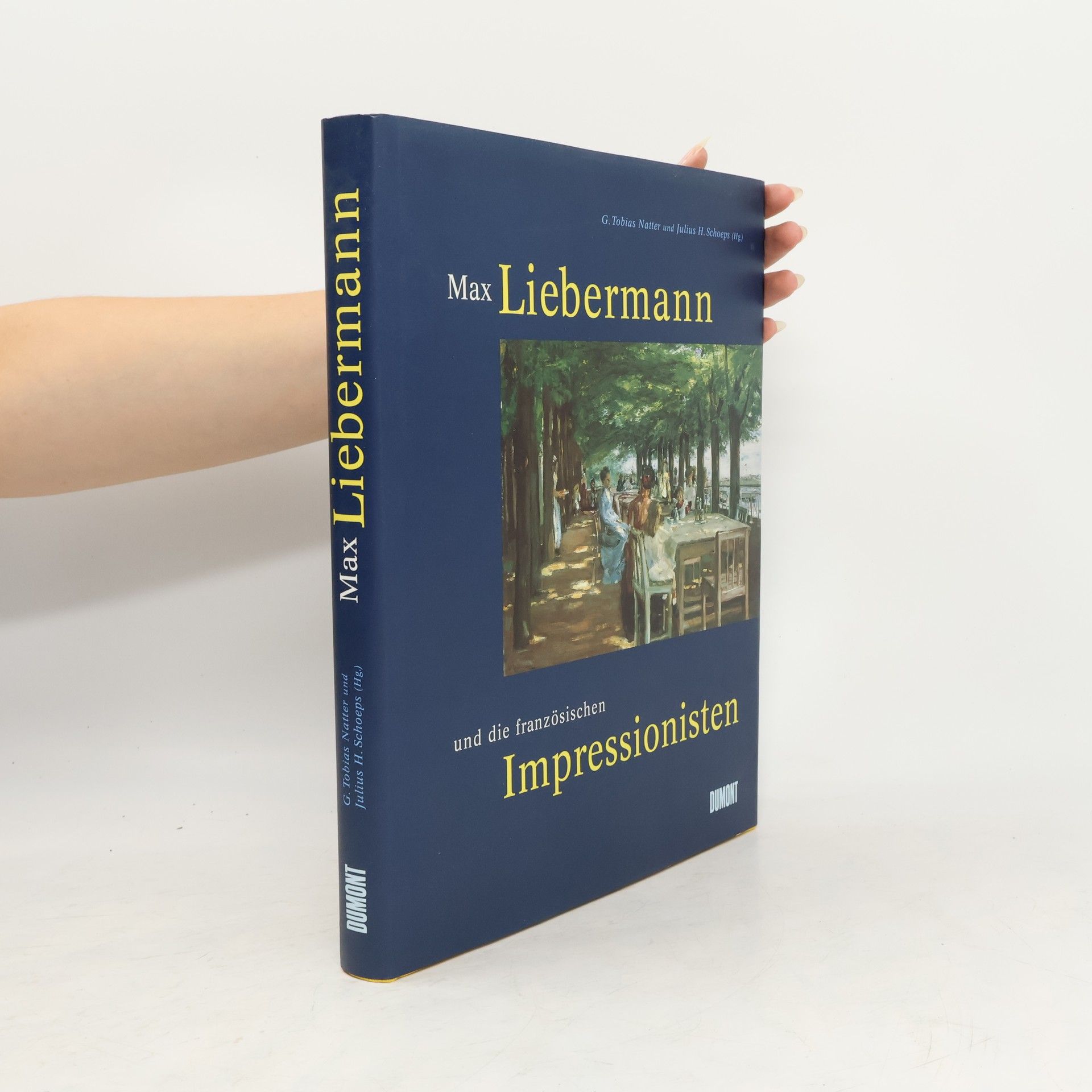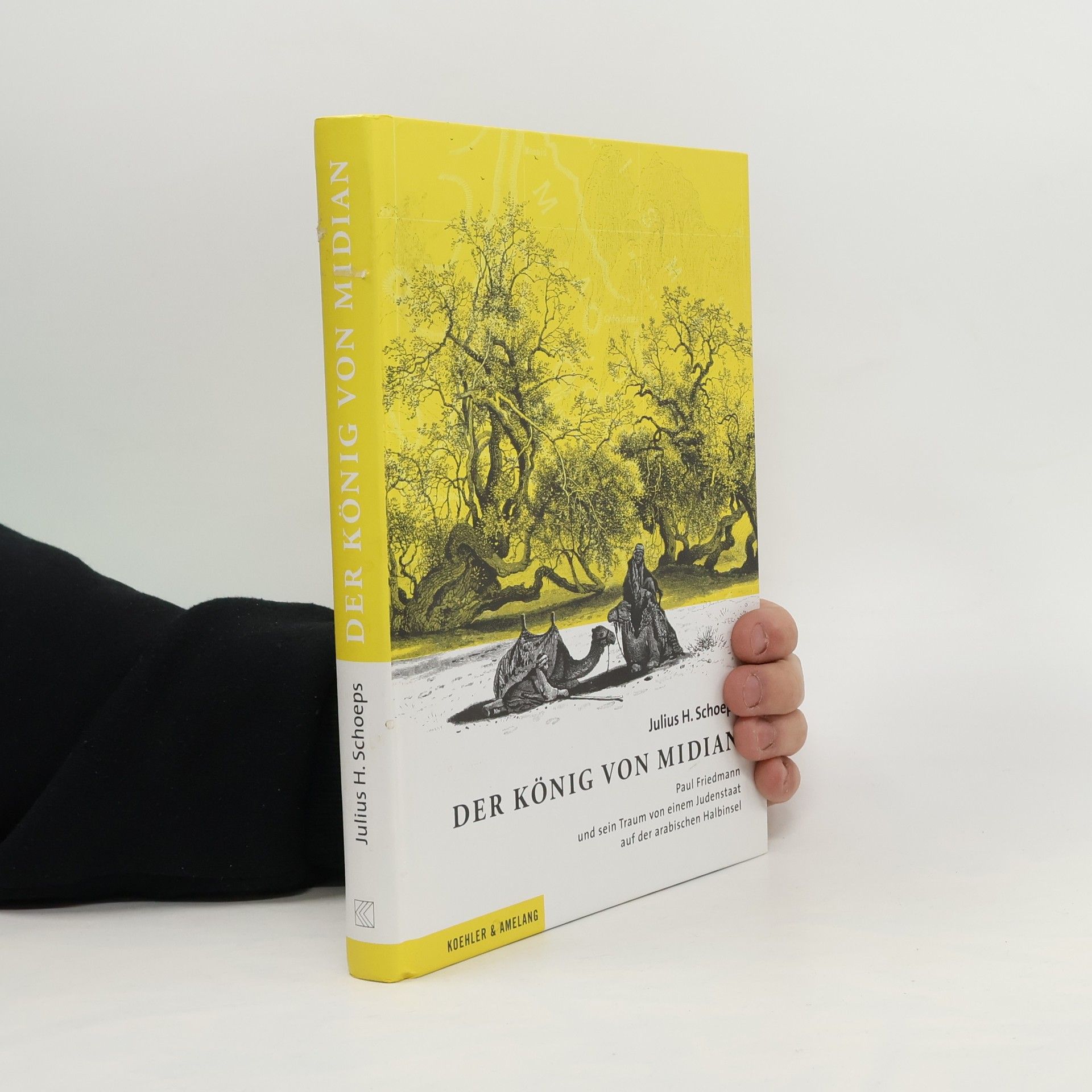Deutsch-Jüdische Geschichte durch drei Jahrhunderte. Ausgewählte Schriften in zehn Bänden
Ergänzungsband 3. Begegnungen. Menschen, die meinen Lebensweg kreuzten
- 422 pages
- 15 hours of reading
Die Biographie beleuchtet prägende Begegnungen des Historikers Julius H. Schoeps mit verschiedenen Persönlichkeiten, die jeweils bedeutende Aspekte der deutsch-jüdischen Geschichte nach 1945 repräsentieren. Von Ignatz Bubis bis Uri Avnery werden Themen wie gescheiterte Rückkehr, der Aufbau jüdischen Lebens und der christlich-jüdische Dialog behandelt. Diese Begegnungen reflektieren die komplexen Beziehungen zwischen Juden und Deutschen sowie die Herausforderungen und Entwicklungen in der Nachkriegszeit.










